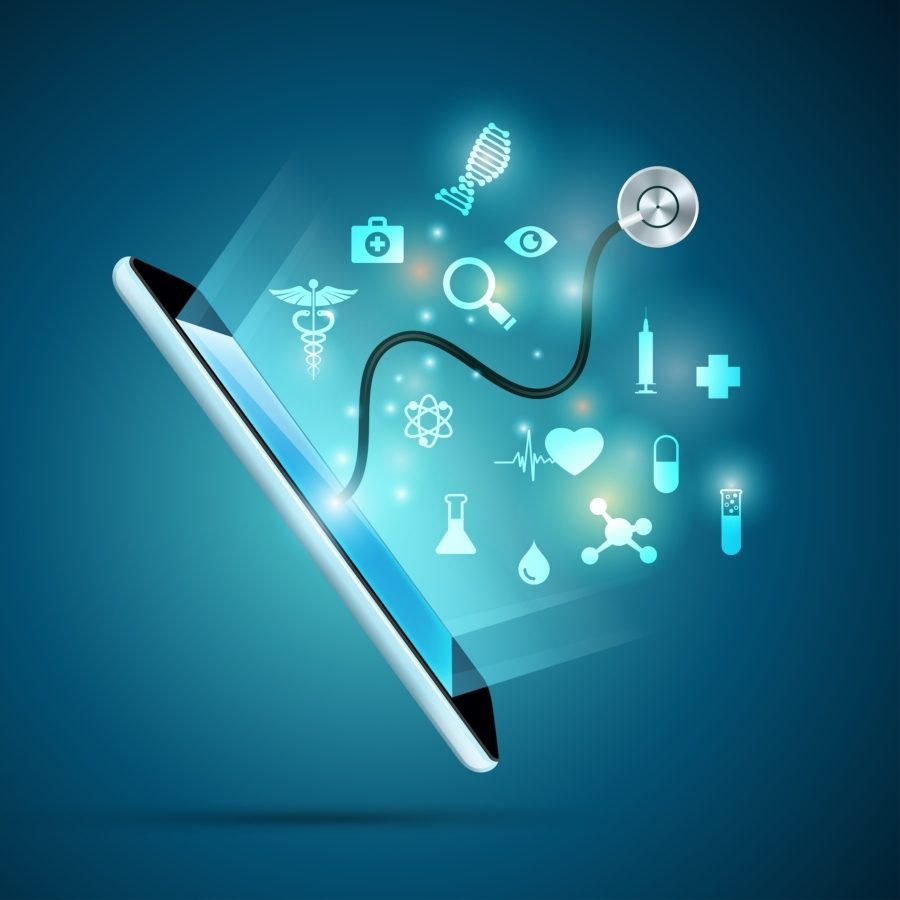Some would say it’s a lot easier to invent a new gizmo or gadget than it is to invent a new procedure or medication. You can just try prototypes until a product works. However, with human survival and health on the line, there’s an excellent reason for the field to be more traditional. Innovation is usually slow-paced because it’s difficult. To add, computers haven’t been around that long, and personal computers much less than that. So to the health care industry, the existence of the tech industry is brand new. Traditional medicine and practices have existed for as long as humans have developed them. Developing innovative healthcare technologies continues to be a struggle for all nations, with the WHO leading the charge on the push for more health tech! Currently they have two goals they are aiming for:
Objective 1: “To challenge the international community to establish a framework for the development of National Health Technology Programmes that will impact the burden of disease and ensure effective use of resources.”
Objective 2: “To challenge the business and scientific community to identify and adapt “innovative” technologies that can have a significant impact on public health.”

Note there has been many changes already to the health care field. Electronic Health Records may not be widely available in every country, but it is a big shift that’s swept through medicine recently. Certain health fields have had their new ‘blockbuster’ drugs rollout already. And now more than ever, telehealth is taking off and only going up. (And indeed, many of those solutions are themselves driven by another new tech).
The tech industry progresses at lightning speed, while the healthcare world moves at a glacial pace. This is not by accident. When people’s lives are involved, generally people stick to known methods and customs and people tend to move more slowly to adapt to new methods until there is overwhelming evidence that the new way is superior. When it comes to people’s lives, there are no take-backs if the tech doesn’t work the way it was intended.
But the race to better health, better tech is quite so cookie cut. If anything, we have the opposite problem of trying to adopt new methods too quickly. The top companies successfully decide which interests are worth investing time, money, and energy into, with many other companies seeming to blindly follow the ‘hype’ looking for miracles. Modern medicine would be terrifying if it tried to be just like the modern tech industry. However, a lot of the collaboration, information sharing that was pioneered in software development could be hugely beneficial to modern medicine. A majority of these efforts are designed to have had multiple pairs of human (or AI) eyes on tasks to catch errors quickly and to support an individual’s deficits in knowledge. All innovations don’t need to necessarily be a new gadget, but could rather look like efforts to standardize communication between healthcare facilities and patients, or even something like reducing the number of weeks-long referral delays for a patient to get a ‘specialist’ opinion.
- 9% of 145 countries have an independent health technology national policy
- 35% of 145 countries have a health technology national policy that is part of the national health programme
- 65% of 145 countries have an authorityresponsible for implementing and enforcing medical device specific product regulations

Personally, I believe regulation is the biggest factor. We have seen a number of new devices come to market in recent years; better imaging machines, such as tavr/mitraclip for cardiology. Another factor that is extremely important is payment. Our Medicare mostly leads the charge here and there, but the patient has to be willing to pay for medication, device, or surgery. Having mentioned that, I think healthcare innovations will be solutions for modern medicine issues, considering the importance of its performance, utility, and feasibility. But to add, another healthcare tech might come from useless machinery that serves no good or purpose and solves a problem we didn’t know we had.


There are no comments yet...Kick things off by filling out the form below.